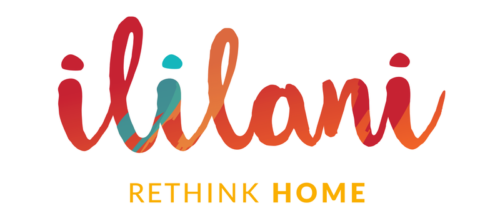On July 26th, our fellow Hawaii real estate brokerage, Locations Hawaii, announced the official sales information for a brand new condo in Kakaako. The project, called “Ililani,” features a healthy mix of affordable units and market units and is projected to sell out quickly. As a licensed millenial, I popped open my phone and used Google to find info on the project. The resulting search brought me to dozens of non-developer websites, with the top results belonging to agents who are not even associated with Locations. There’s a clear strategy brewing here, and it made me pause and wonder what kind of message we agents are sending to consumers.

A little background on the Ililani Condo Project
I initially heard about Ililani when Pacific Business News posted an article (paywall) about a new project in Kakaako. The 42-story building will feature 328 total units, of which 165 will be affordable, and will be built at 615 Keawe Street. Locations has since released official information about the building which will add much-needed affordable units projected between the low-$300,000s and mid-$600,000s. I expect this building to “sell out” quickly, especially since Locations has already announced seminars for potential buyers and their agents.
Unofficial websites could lead consumers to distrust our industry
Let me just start off this section by saying that, “I get it.” I actually applaud the agents who have shown the marketing prowess to design a website, optimize it for search engines, and achieve top ranks on Google results. It’s the modern day equivalent of being the first person to go and knock on doors for business. Genius. However, I can’t help but wonder if this practice could lead to further distrust of our industry. Smart consumers, searching for official information on a condo, get led to a sales pitch by an unassociated agent. It’s walking that fine line between targeted marketing and predatory marketing.
Am I just jealous?
As someone who prides himself on technology knowledge and is a naturally competitive person, I can see how my reaction to these websites could just be simple jealousy. However, in an age where distrust spreads so quickly and consumers are more and more aware, I worry that this practice will reflect poorly on our entire industry. It creates confusion about the project, who to contact for relevant information, and capitalizes on the adrenaline-pumping process of buying a home. Most importantly though, it burdens consumers with the responsibility to determine what is real or not. And that is where confusion can lead to distrust.
Leave a Reply